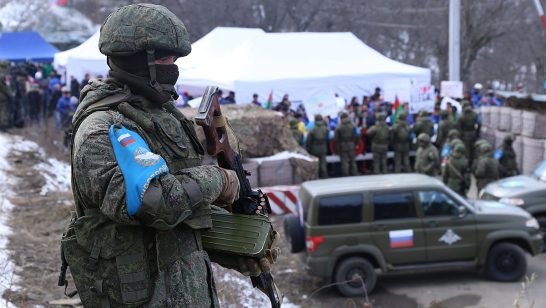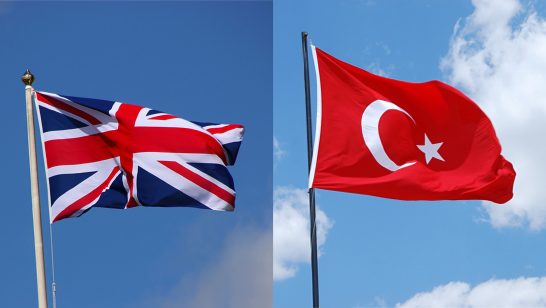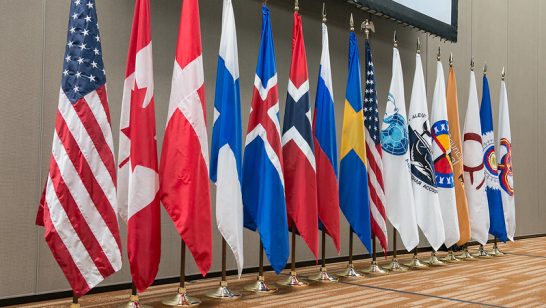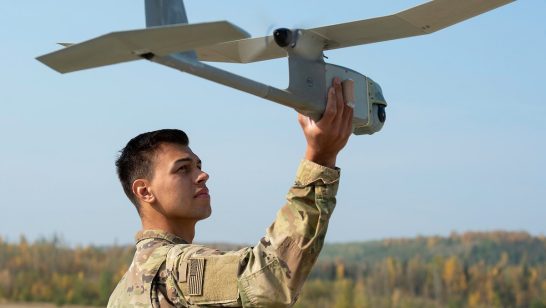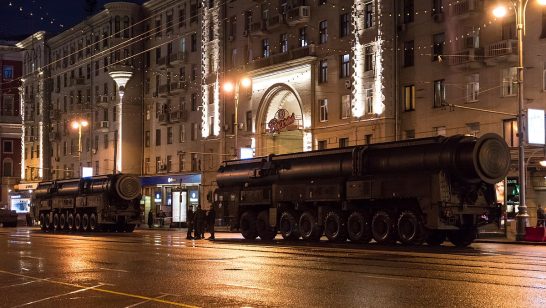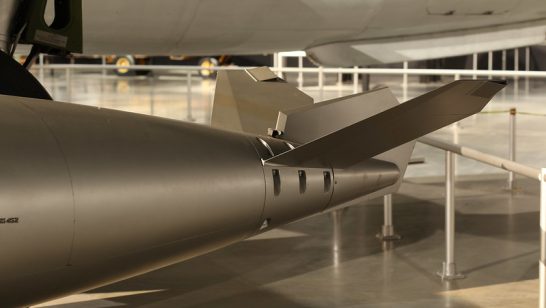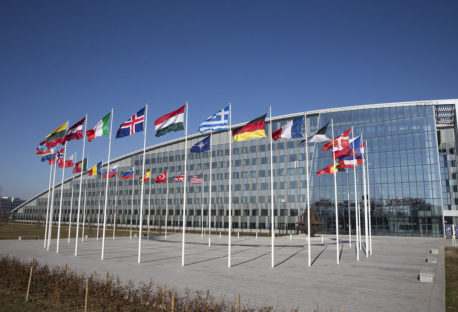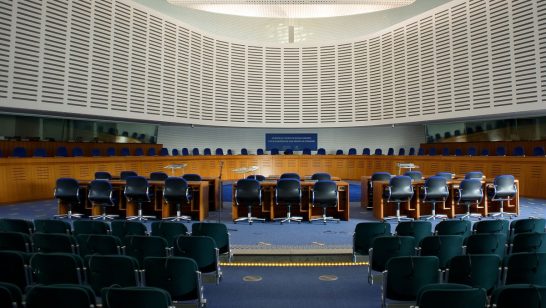
Four ways to strengthen the enforcement of the judgments of the European Court of Human Rights
In September 2022 Russia was expelled from the European Convention on Human Rights due to its invasion of Ukraine. Since then, the remaining member states of the Council of Europe have placed a greater importance on stabilising and safeguarding the European Court of Human Rights system, which currently struggles to implement its judgments and ensure compliance. Nikita Gryazin and Julia Glukhikh explore how to best improve the efficacy of the court in the face of these issues.

